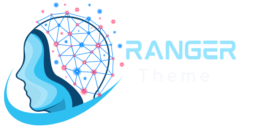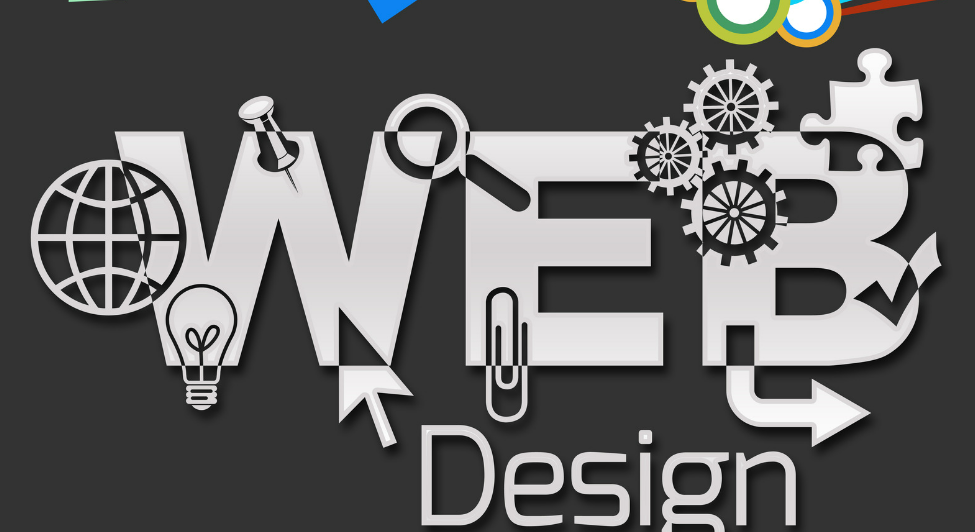Curious about diving into the world of web development? As someone who’s been immersed in the digital realm for years, I can confidently say that the question, “Is web development hard?” is one that often lingers in the minds of beginners. The truth is, web development can be both challenging and rewarding.
From mastering coding languages to staying updated with ever-evolving technologies, the journey of a web developer is a dynamic one. As I guide you through the nuances of web development in this article, I’ll shed light on the common hurdles faced by aspiring developers and share insights on how to navigate them effectively. So, buckle up and get ready to explore the exciting terrain of web development with me.
Is Web Development Hard
What Is Web Development?
Web development involves creating websites and web applications. It encompasses various tasks, such as web design, content creation, client and server-side scripting, and network security configuration. As a web developer, I work on both the visual aspects of a website and the underlying technology that powers it, ensuring a seamless and user-friendly experience for visitors.
In web development, proficiency in coding is essential. I utilize languages like HTML, CSS, and JavaScript to build the structure, style, and interactivity of websites. Additionally, having a good understanding of programming languages such as Python, Java, or PHP can enhance my capabilities as a developer. Problem-solving skills are crucial in troubleshooting issues and optimizing website performance. Effective communication and teamwork are also valuable skills, especially when collaborating with designers, clients, and other developers to bring a project to life.
Exploring the Complexity of Web Development
Front-End, Back-End, and Full-Stack Development
 Understanding web development involves recognizing three primary areas: front-end, back-end, and full-stack development. Front-end development deals with the visual elements of a website that users interact with directly, focusing on design, layout, and user experience. Back-end development involves the server-side of websites, managing databases, server configuration, and ensuring smooth functionality behind the scenes. Full-stack development encapsulates both front-end and back-end expertise, requiring a comprehensive skill set to handle all aspects of web development.
Understanding web development involves recognizing three primary areas: front-end, back-end, and full-stack development. Front-end development deals with the visual elements of a website that users interact with directly, focusing on design, layout, and user experience. Back-end development involves the server-side of websites, managing databases, server configuration, and ensuring smooth functionality behind the scenes. Full-stack development encapsulates both front-end and back-end expertise, requiring a comprehensive skill set to handle all aspects of web development.
Web developers rely on a diverse set of tools and technologies to create functional and visually appealing websites. Some key tools include text editors like Visual Studio Code, Sublime Text, and IDEs such as WebStorm. Frameworks like React, Angular, and Vue.js enhance front-end development, while Node.js, Django, and Ruby on Rails are popular for back-end development. Additionally, technologies like Git for version control, APIs for seamless integration, and testing tools for quality assurance play crucial roles in the web development process.
The Learning Curve for New Developers
Resources for Learning Web Development
 When starting on the journey of web development, a plethora of resources are available to aid in skill acquisition. Online platforms like Codecademy, freeCodeCamp, and Coursera offer interactive courses on programming languages, web design, and development frameworks. These resources provide a structured approach to learning, allowing beginners to grasp essential concepts at their own pace. Additionally, YouTube channels such as Traversy Media and The Net Ninja offer video tutorials on various web development topics, enhancing understanding through visual demonstrations.
When starting on the journey of web development, a plethora of resources are available to aid in skill acquisition. Online platforms like Codecademy, freeCodeCamp, and Coursera offer interactive courses on programming languages, web design, and development frameworks. These resources provide a structured approach to learning, allowing beginners to grasp essential concepts at their own pace. Additionally, YouTube channels such as Traversy Media and The Net Ninja offer video tutorials on various web development topics, enhancing understanding through visual demonstrations.
As a new developer diving into the world of web development, several challenges may arise along the learning curve. One common obstacle is information overload, where the vast amount of content available can be overwhelming. It’s essential to focus on one topic at a time and build a solid foundation before moving on to more complex areas. Additionally, troubleshooting errors and debugging code can be frustrating but is a crucial part of the learning process. Collaborating with online communities like Stack Overflow or joining coding bootcamps can provide valuable support and insights when facing challenges. Remember, persistence and continuous practice are key to overcoming hurdles in the early stages of web development.


